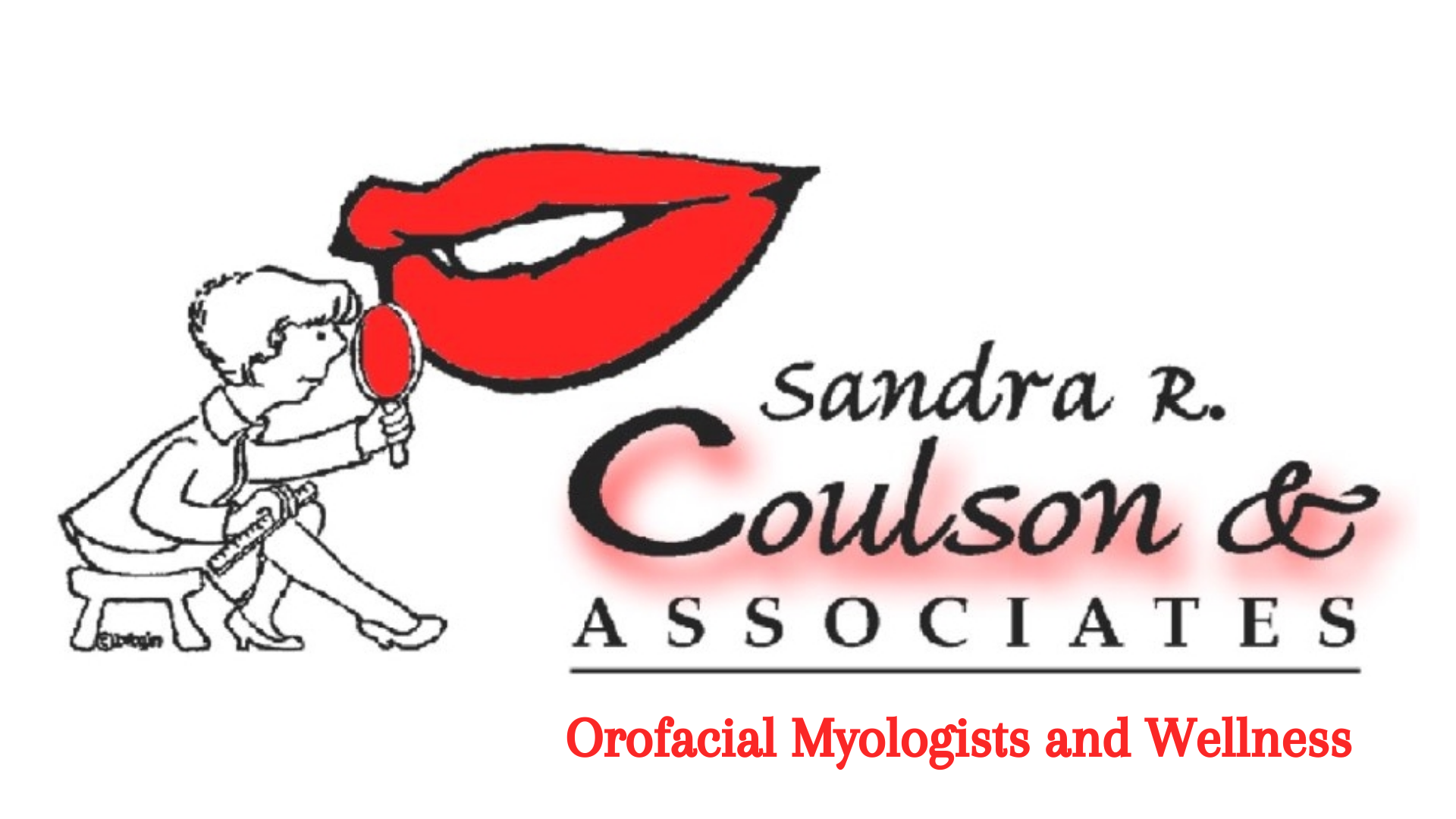

Digit/Pacifer Sucking Habits
Thumb, finger and pacifier sucking habits can have a tremendous impact on how your child's teeth and face develop. The sucking habit not only affects tooth eruption but also proper tongue rest posture and lip structure.
The correct formation of a child's mouth is vital for proper chewing/swallowing, breathing and speech function for their entire life. The earlier these sucking habits are eliminated and muscle habits are corrected; proper chewing/swallowing, breathing and speech can be achieved.
By Sandra Coulson
Some controversy has existed about the reasons for and the consequences of thumb sucking, but the results of these habits are well known. Many young children suck thumbs or fingers, but some persist and for these children the following issues should be addressed: (1) length of time spent sucking, (2) duration per day, and (3) force with which the sucking is done.
The occasional thumb sucker or one who thumb-sucks only as she drifts off to sleep is not usually a concern, I'd like to address those who suck for prolonged periods of time frequently during the day and night, and who exert forces on the teeth and the bone of the hard palate. This pressure can distort and move the bone and teeth affecting normal development of the teeth; producing an open bite (as pictured above) and narrow vaulted palate. The pressure from the thumb, finger or pacifier is also likely to keep the tongue low in the mouth which can contribute to other muscle dysfunctions and an incorrect swallow pattern (tongue thrust). These results often will indicate orthodontics as teeth become crowded and the bite changes.
Protracted sucking habits also tend to shorten the upper lip, which does not allow "holding power" for the upper front teeth, making them more vulnerable to injury and movement. Mouth breathing is also more prevalent because of a short upper lip, which we know mouth breathing can cause so many dental and health concerns. Drooling is common in people who are mouth breathers and have open mouth posture. Open mouth posture/short upper lip also creates difficulty in producing some speech sounds which are made with the help of the lips.
There have been many approaches to try to break these habits; few have been successful and many are psychologically negative and/or painful using negative reinforcement or painful appliances. I use a positive approach, which builds self-esteem and increases maturity, while also addressing the concern in a holistic way.
Parents are at a disadvantage trying to break these habits on their own, as they are often put in the position of feeling like they are nagging their children to stop the habit. This is not fun for either one of you and can lead to feelings of resentment and frustration when you are not having success, which can then contribute to even more failure in stopping the habit. I have found that the best means to correcting a long-term sucking habit is the involvement of a third party who can establish a temporary relationship with the child; thereby having the therapist be the one to check in and help maintain compliance with the child. This (along with other therapy tools) produces a positive experience and has a high success rate if the parents remain supportive throughout the program.
Most of my thumb suckers stop within the first couple of days, while some need a little extra time and support. I've worked with children as young as 2 years old through adulthood and as long as you/your child are willing to work with the therapist, you will see progress!

